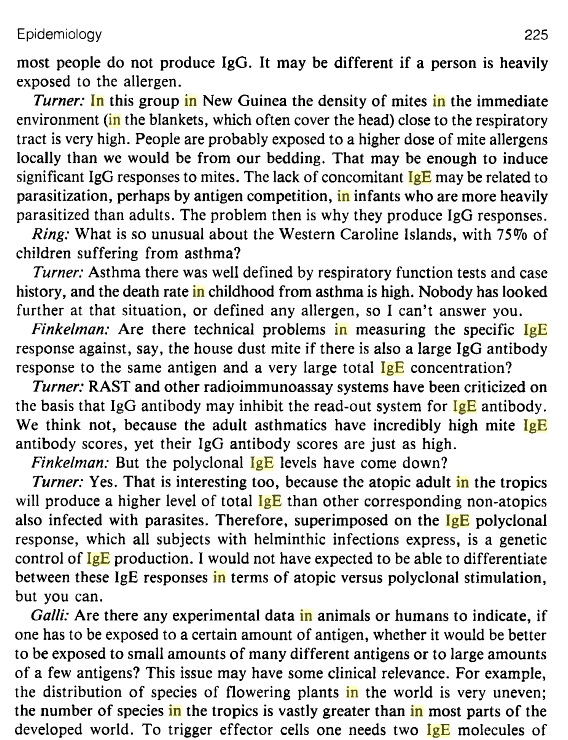There is an excellent comment on research misconduct at the brand new Pubmed Commons site by Dorothy Bishop:
…
Instead of valuing papers in top journals, we should be valuing research replicability. This would entail a massive change in our culture, but a start has already been made in my discipline of psychology (see http://www.nature.com). Continue reading Value replicability not journal impact
